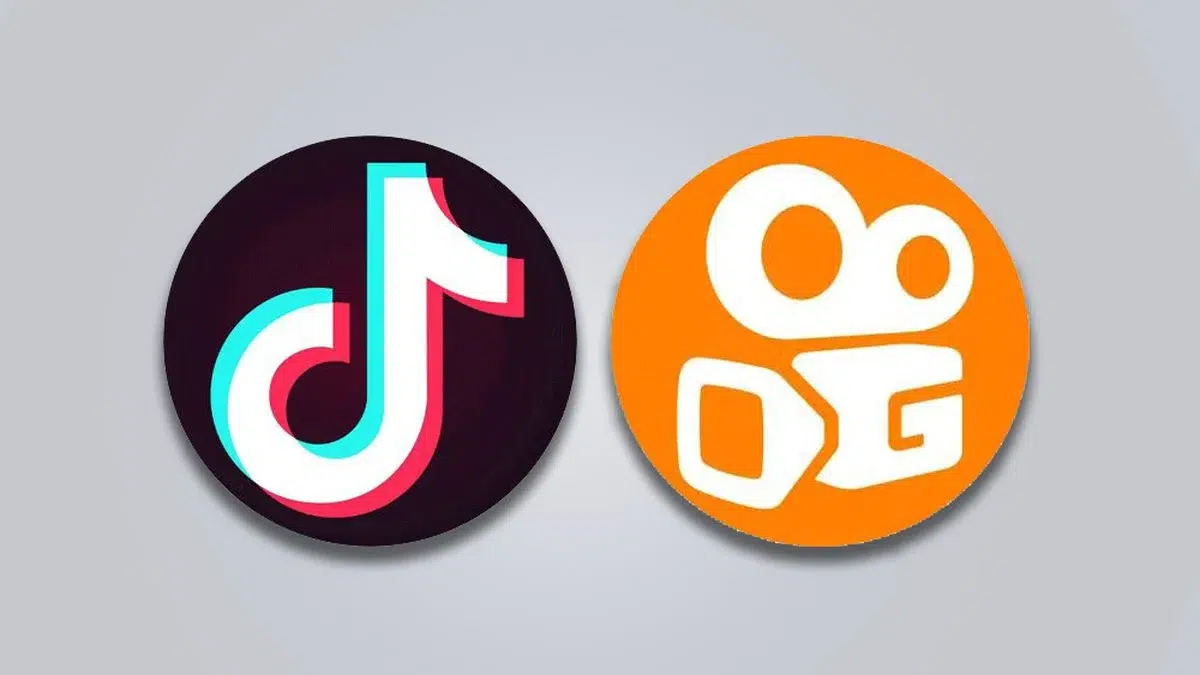
In an unprecedented action in Brazil, the social media giants Meta, TikTok e Kwai face legal proceedings that could result in billion-dollar fines. The reason? The alleged lack of protection for the mental health of children and adolescents on their platforms.
The Institute for Collective Defense, the organization behind the action, argues that these social networks promote dependence and negative impacts on the mental health of young users. With potential significant financial and operational consequences, this case calls into question the practices of technology companies and raises questions about digital responsibility in the modern era.
Also read
Brazil faces almost 2 million malware attacks per day, warns Kaspersky
Nubank announces NuCel, new mobile phone service
Process Details
The Court of Justice of Minas Gerais is the scene of a public civil action filed by the Institute for Collective Defense against Meta, TikTok and Kwai. The central charge is that these platforms are not doing enough to protect the mental health of their youngest users.
Companies face the possibility of individual fines of R$1.5 billion for collective moral damages. This astronomical value reflects the seriousness of the allegations and the potential negative impact that social media can have on the lives of children and adolescents.
The heart of the matter lies in the algorithms used by these platforms. According to the Institute, these systems are designed to promote uninterrupted use, offering instant rewards such as likes and constant feed updates. This dynamic, they argue, can lead to addiction and mental health problems.
The Institute for Collective Defense does not limit itself to pointing out problems; it also proposes concrete solutions to protect young users. Among the suggested measures, the following stand out:
- Temporary ban on access for minors until protection mechanisms are implemented.
- Changes to algorithms and processing of data from users under 18 years of age.
- Implementation of the “Family Pairing” functionality on TikTok and Kwai, allowing greater parental control.
- Issuing clear warnings about the mental health risks associated with excessive use of platforms.
These proposals aim to create a safer and healthier online environment for children and adolescents, in line with practices already adopted in developed countries.
Company responses
Faced with the accusations, the companies involved have already begun to take a stand. Meta, owner of Facebook and Instagram, highlighted the launch of the “teen account” on Instagram as a protection tool. This new feature, which should arrive soon in Brazil, promises to limit the content visible to younger users.
TikTok, in turn, stated that it had not received legal notification about the process. Kwai limited itself to reinforcing that user safety, especially of minors, is one of its priorities.
This legal process is another step in the discussion about the responsibility of social networks in relation to the mental health of their youngest users. The result could establish important precedents, not only in Brazil, but potentially influencing global policies to protect children and adolescents in the digital environment.
Source: https://www.hardware.com.br/noticias/meta-tiktok-e-kwai-sao-processados-no-brasil-por-nao-proteger-a-saude-mental-de-criancas-e-adolescentes.html


